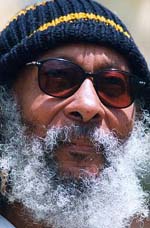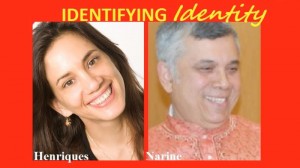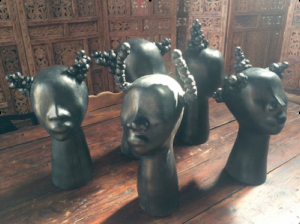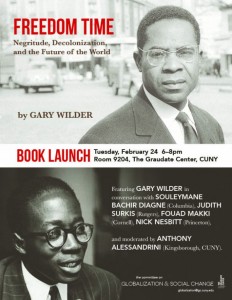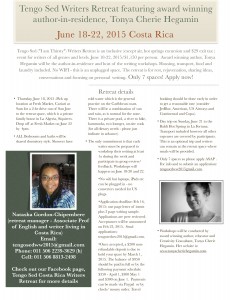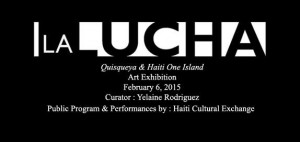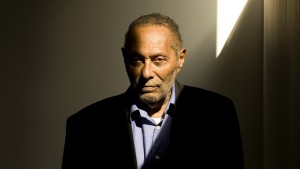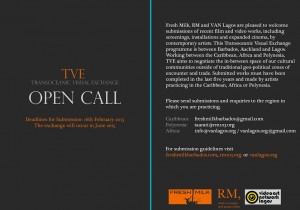6-8 April 2015
Rutgers University, New Brunswick
“Latin American and Caribbean Philosophy, Theory, and Critique”
with:
- Enrique Dussel, UNAM/UAM, México
- Gurminder Bhambra, U. of Warwick/Institute for Advance Study, Princeton
- Nelson Maldonado-Torres, Rutgers University, New Brunswick
Monday 6 April, 5:00 to 7:00pm
Keynote “The Latina/o Americas and the Caribbean: A View from the Philosophy of Liberation”
Graduate Student Lounge, College Avenue Campus (right behind Au Bon Pain, next to the Student Center)
Tuesday 7 April, 10 am to 1 pm
Roundtable discussion on “Critical Caribbean Studies, Theory, and Liberation Philosophy in Perspective” with special guests Enrique Dussel and Gurminder Bhambra.
Department of Latino and Hispanic Caribbean Studies. Livingston Campus. Lucy Stone Hall A268. Livingston Campus.
Wednesday 8 April, 10 am to 12:30 pm
Roundtable discussion on “Decolonial Methodologies Today” with Enrique Dussel and Nelson Maldonado-Torres.
Graduate Student Lounge, College Avenue Campus (right behind Au Bon Pain, next to the Student Center)
This event is organized by the Department of Latino and Caribbean Studies, and sponsored by the Office of the Dean of the School of Arts and Sciences, Critical Caribbean Studies at Rutgers, the Center for Latin American Studies, the Program in Comparative Literature, and the Department of Spanish and Portuguese.
Special guests:
Gurminder Bhambra, University of Warwick/Institute of Advanced Study, Princeton. Her research addresses how, within sociological understandings of modernity, the experiences and claims of non-European ‘others’ have been rendered invisible to the dominant narratives and analytical frameworks of sociology. While her research interests are primarily in the area of historical sociology, she is also interested in the intersection of the social sciences with recent work in postcolonial studies. Her current research project is on the possibilities for historical sociology in a postcolonial world. She is editor of the new monograph series, Theory for a Global Age, published by Bloomsbury Academic.
Enrique Dussel is the most prolific and one of the most influential philosophers and critical theorists in Latin America. He has two doctoral degrees (one in History and the other in Philosophy), and his work includes dozens of authored and edited books in the fields of philosophy, history, and religion. His most recent text translated to English is the massive Ethics of Liberation in the Age of Globalization and Exclusion published by Duke University Press in 2013. Since the original publication of this volume in Spanish, Dussel has written several volumes on the “politics of liberation” and has recently published a volume on the “economics of liberation.”
Above adapted from emailed announcement.
